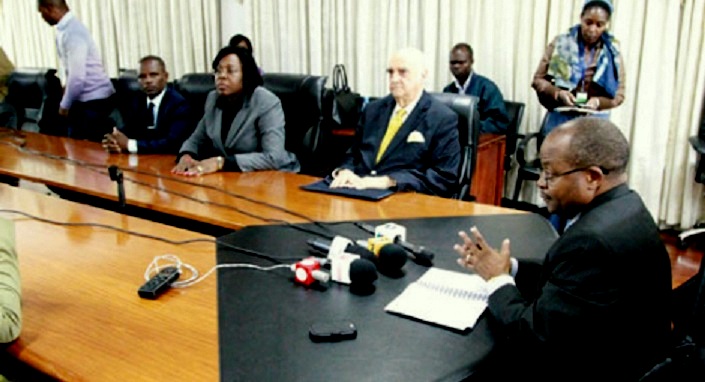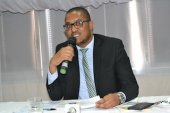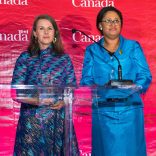Mozambique: President pays tribute to Pope Francis at Vatican funeral
Joint Committee “should include academics and civil society”, as well as Frelimo and Renamo

File photo
“I think it is problematic that to date the group established to ponder what will become of our country is composed only of politicians,” lawyer Ericinio de Salema recently told a conference organised by the Youth Parliament
Da Salema suggested that the committee established in March by President Nyusi “should include academics, civil society, people who have some political capital and are recognised for their independence in society”.
The lawyer (who refers to the Joint Committee as a ‘working group’ “because the president has made no legally valid decree”) also declared his skepticism about the face-to-face meeting between the president and Renamo leader Afonso Dhlakama the committee is supposedly preparing.

“I can guarantee you one thing. Even if President Nyusi and the Renamo leader met tomorrow and Renamo actually delivered up some weapons, it does not take a prophet to infer that Renamo will never surrender all their weapons because they have already concluded that it is those weapons which “facilitate” what Renamo needs. So distrust is the main problem in our electoral system,” Ericíniode Salema told a panel addressing the role of electoral legislation in preventing post-election conflict in Mozambique.
Salema agreed with another panellist, Alfredo Gamito, former president of the Electoral Review Commission, that the politicisation of the National Elections Commission (CNE) and the Electoral Administration Technical Secretariat (STAE) was one of the roots of the problems, saying that Mozambique was “the only country in Southern Africa that has a National Elections Committee which is politicized, one hundred percent in my opinion, given that the alleged representatives of civil society who are there have not been put there by civil society, but co-opted by political parties”.
“We have to give a vote of confidence to President Nyusi”
The young lawyer and professor argues that “(…) our electoral system needs to be rethought. Our electoral framework has to be restructured in such a way that there is no space left for ‘the merest possibility of the occurrence of fraud’” giving as an example the recent elections in Austria which one of the candidates had referred to the Austrian constitutional court for a ruling that the elections should be rerun on the grounds that “the mere possibility of occurrence of fraud cannot be tolerated in a democracy”.
“But here in Mozambique there is fraud, sometimes proven with all material evidence, but we say it is not enough to influence the results. It is shameful,” de Salema complained, suggesting the creation of “a group of prominent figures to study our entire system and legal and electoral framework since the first elections, and bring proposals forward”.
“I have faith that, in the current context, in which we have to give a vote of confidence to President Nyusi, we will soon have encouraging news for our country. I think the president deserves a further vote of confidence from all of us, and from those who may not know how, historically, President Samora in ‘84, ‘85 and ‘86 was similarly isolated in a one-party context,” Salema said.
Ericínio de Salema left the young audience with a suggestion that they needed to “express their dissatisfaction with the state of things in a democratic manner, using what our legal system presents us with. For example, if the president of the republic received a day hundred letters a day from young people expressing their dissatisfaction, and the president of Renamo received a hundred letters from young people to expressing their dissatisfaction too […] I think civic action like that would raise awareness in our leaders,” he said.













Leave a Reply
Be the First to Comment!
You must be logged in to post a comment.
You must be logged in to post a comment.